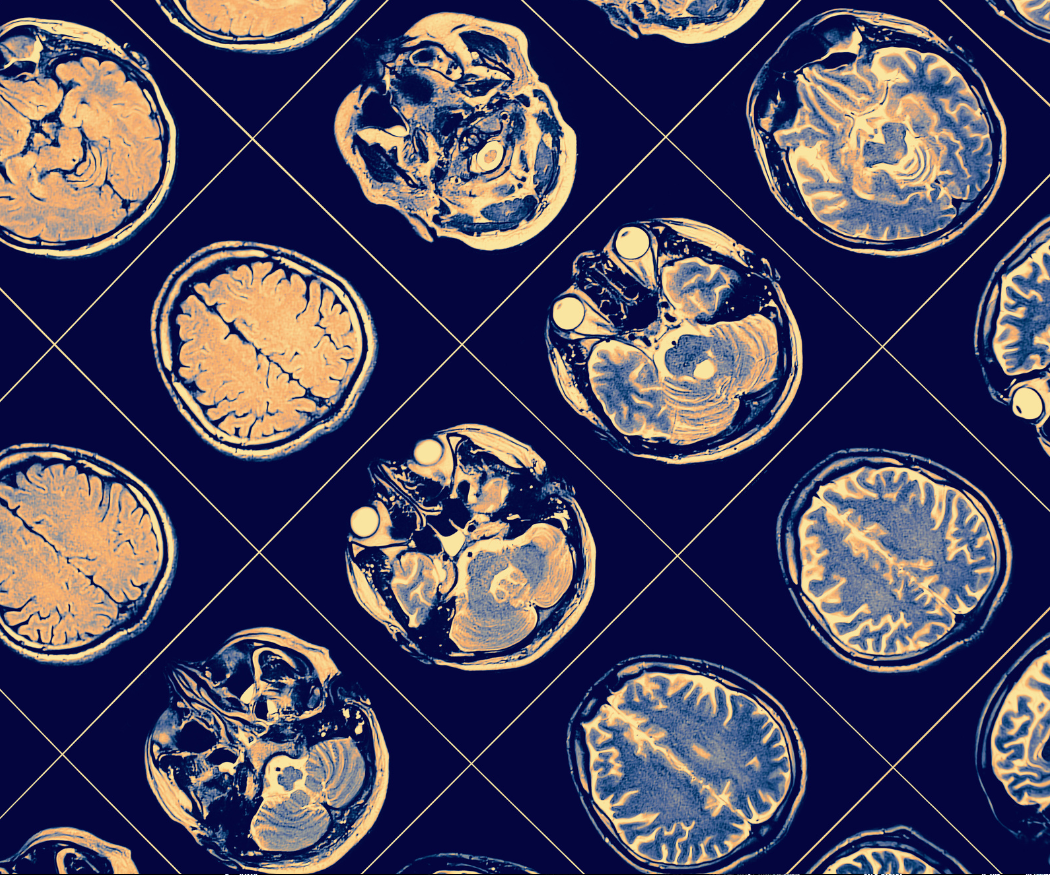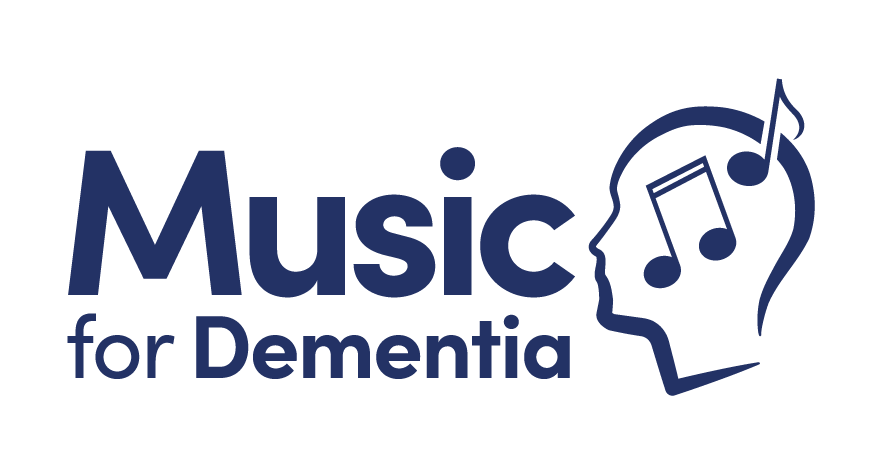
The Science
Music is special. Neurologically.
If you were to scan your brain while listening to music, the screen would light up like a fireworks display. This is because music reaches so many different parts of the brain at once. Not just areas connected with hearing, but also language, movement, emotions and memory.
Even if part of the brain is damaged, music can still reach other parts. It’s almost like it ‘gets in through the back door’ to memories, feelings and even abilities you thought you’d lost.
There are hundreds of pieces of research suggesting different ways music can help people living with dementia and their carers, particularly around managing anxiety and improving quality of life. If you want to learn more, download our evidence summary below.
The evidence points to a simple message, music works.

